Celebrate our tenth anniversary with the biggest issue we’ve ever made. FLOOD 13 is deluxe, 252-page commemorative edition—a collectible, coffee-table-style volume in a 12″ x 12″ format—packed with dynamic graphic design, stunning photography and artwork, and dozens of amazing artists representing the past, present, and future of FLOOD’s editorial spectrum, while also looking back at key moments and events in our history. Inside, you’ll find in-depth cover stories on Gorillaz and Magdalena Bay, plus interviews with Mac DeMarco, Lord Huron, Wolf Alice, Norman Reedus, The Zombies, Nation of Language, Bootsy Collins, Fred Armisen, Jazz Is Dead, Automatic, Rocket, and many more.

Black Rebel Motorcycle Club, Howl [20th Anniversary Edition]
The garage-psych trio honor the underappreciated third album that gave them a second wind with a three-LP set featuring a photo album, handwritten lyrics, and more goodies from the era.

Mandy, Indiana, URGH
The Manchester quartet’s second album sees them screaming personal and political crises into the void over a techno noise-rock kaleidoscope that arouses the cyber-punk apocalypse.

Sassy 009, Dreamer+
A concept album about a doomed romance in an alternate world, Sunniva Lindgård’s alt-pop debut is gripping in fragments but difficult to grasp as a whole.
Josh Hurst
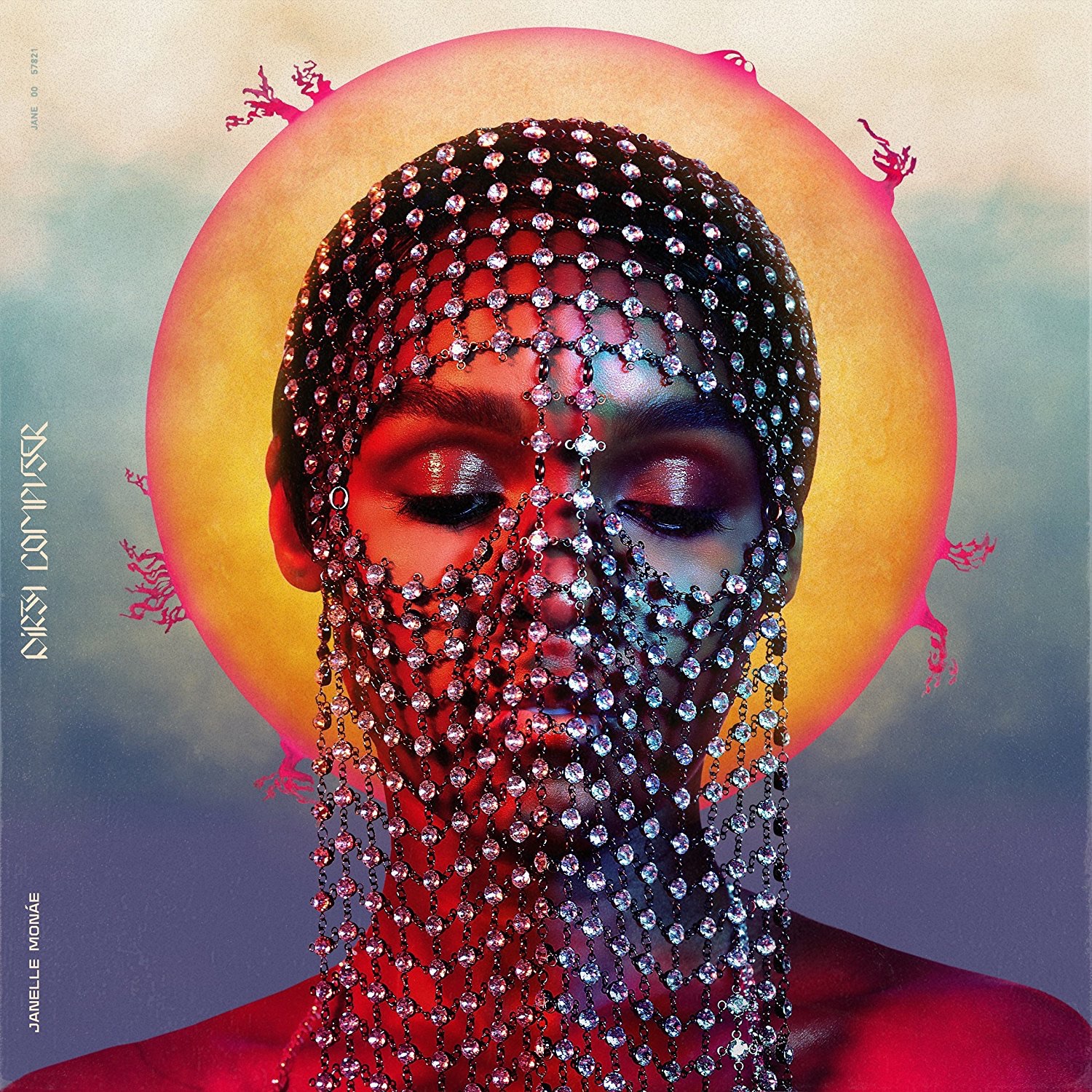
Every generation needs its own soundtrack for kicking against the pricks, and Monáe delivers one here.
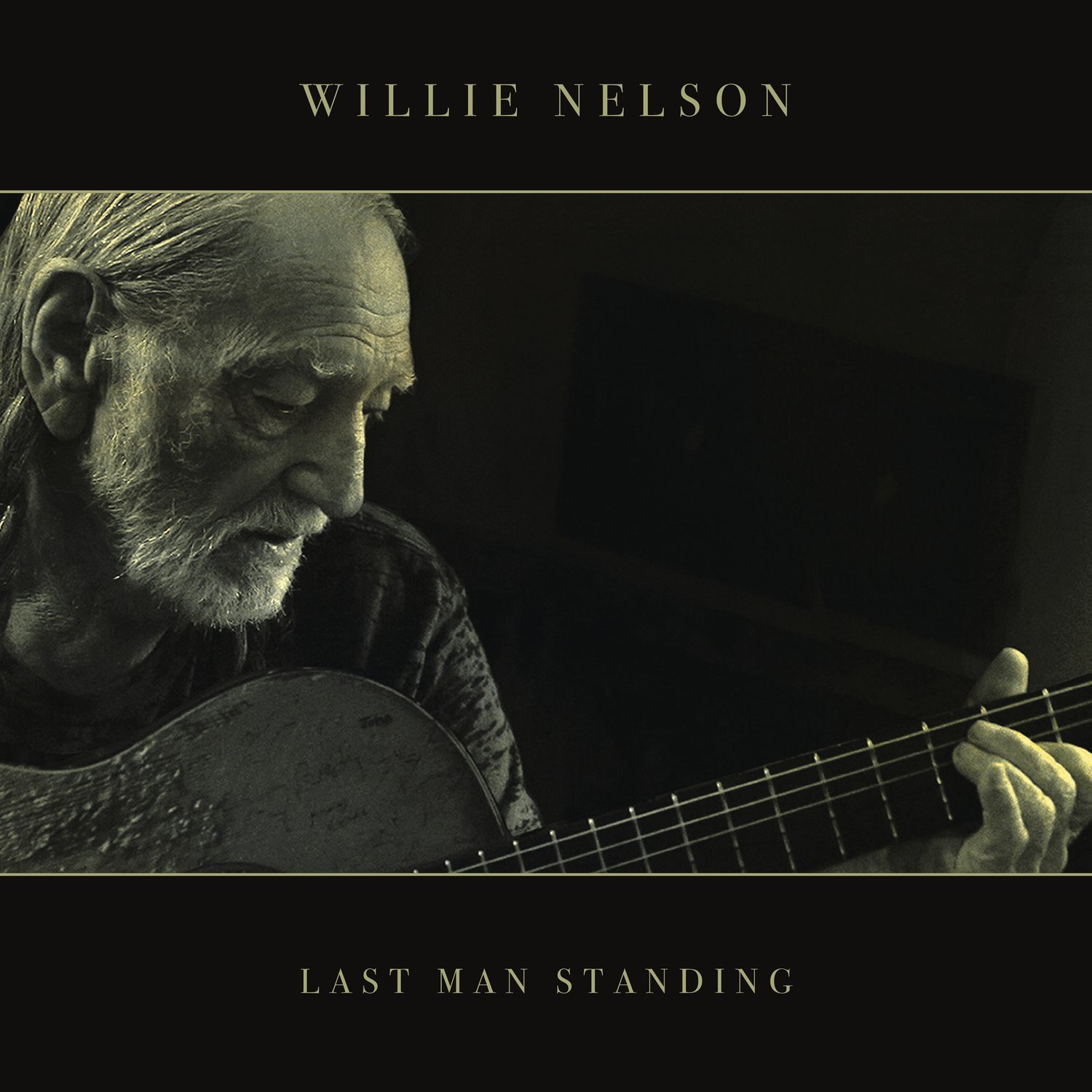
Willie’s addressing his twilight years with a light touch and an amiable chuckle.
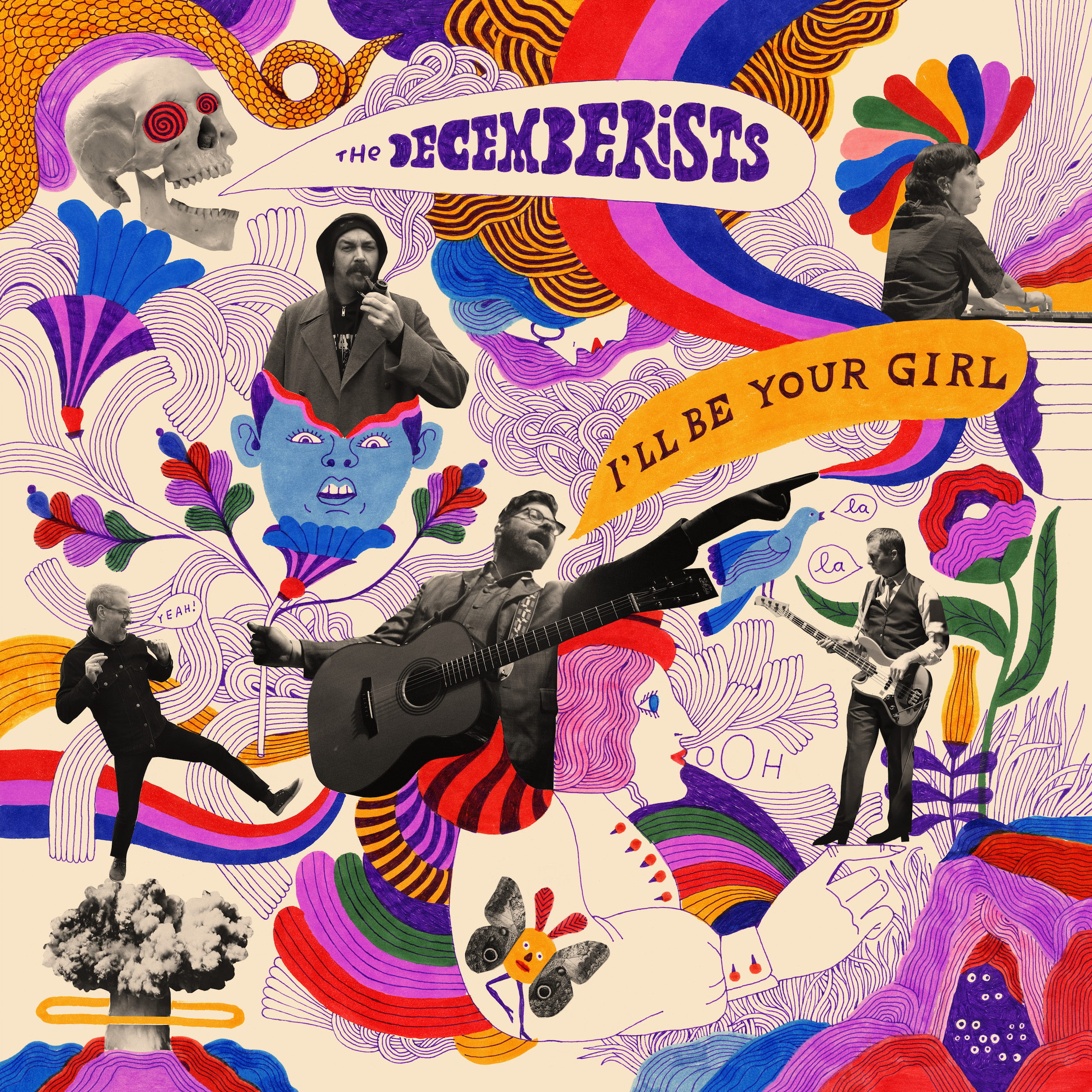
They may be the only band around who can make the New Wave sound old-timey.
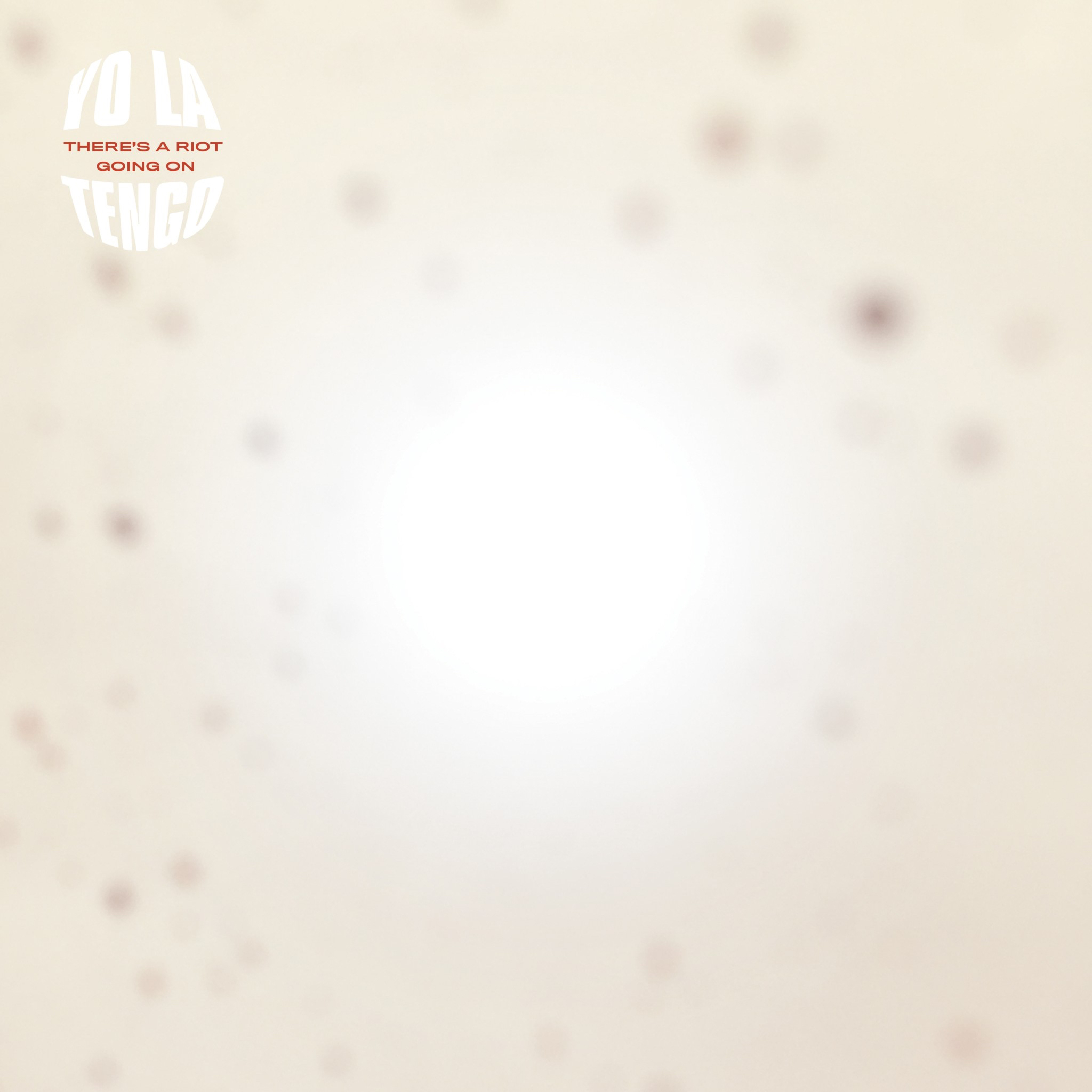
What the indie rock veterans offer is an album’s worth of palate-cleansers—songs of pastoral purity and laid-back reflection.
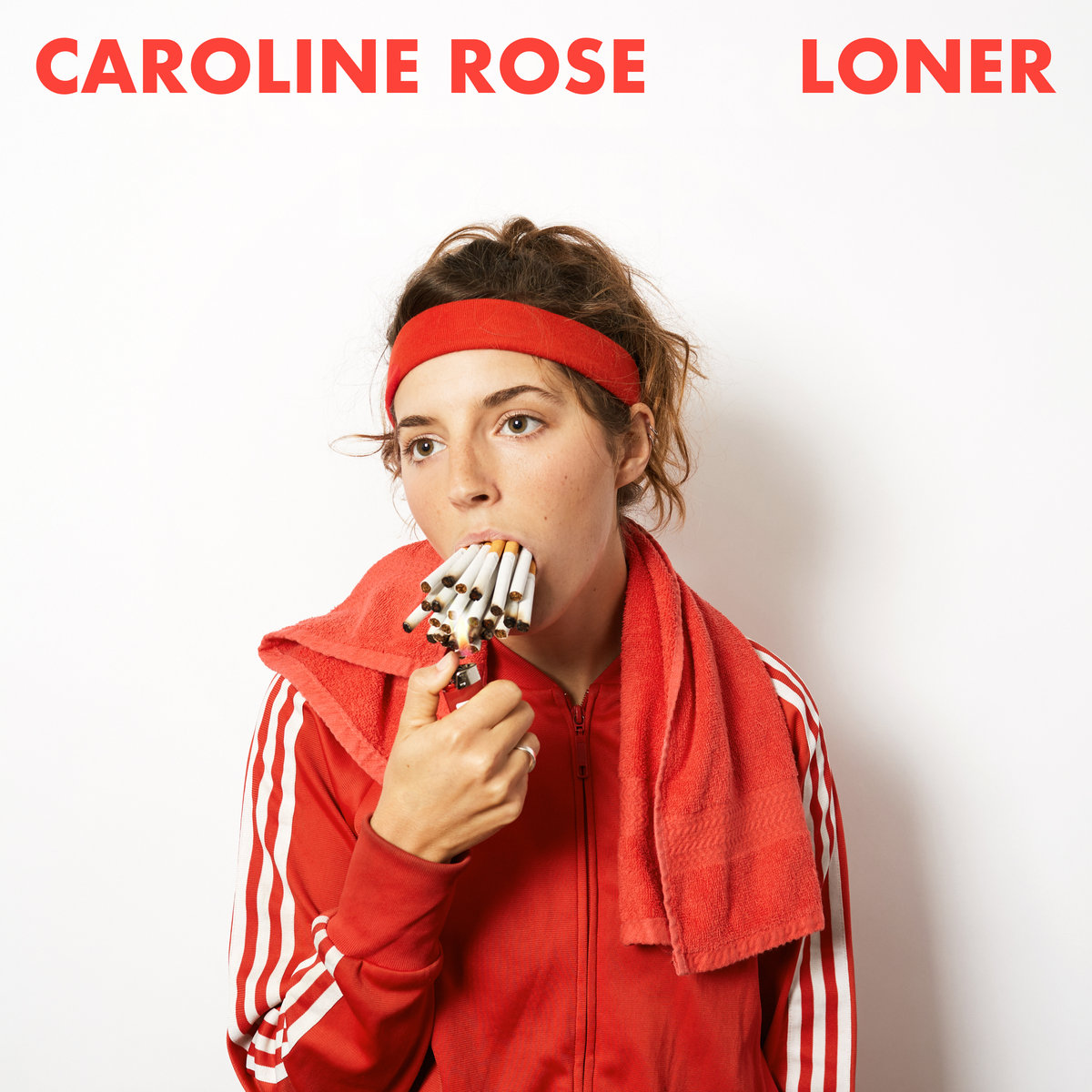
“Loner” could rightly be called a feminist album or simply a human one, weaponizing empathy in an age of despair.

SHIRT comes across as a battle rapper; he blazes through “Pure Beauty” in a blur of shit-talking and chest-puffing.
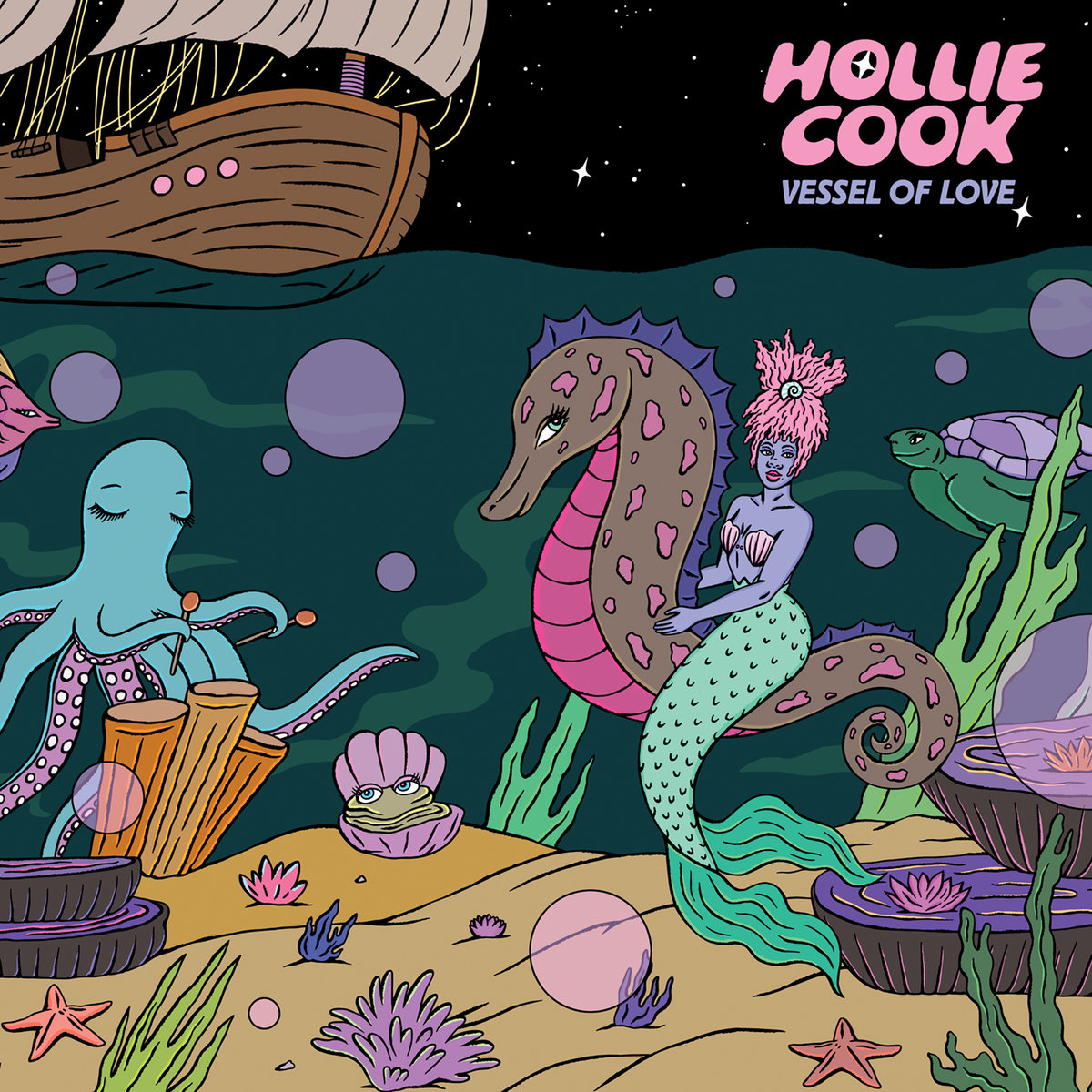
“Vessel of Love” feels modest and small-scale—the work of a self-possessed singer who’s inspired by tradition but never beholden to it.
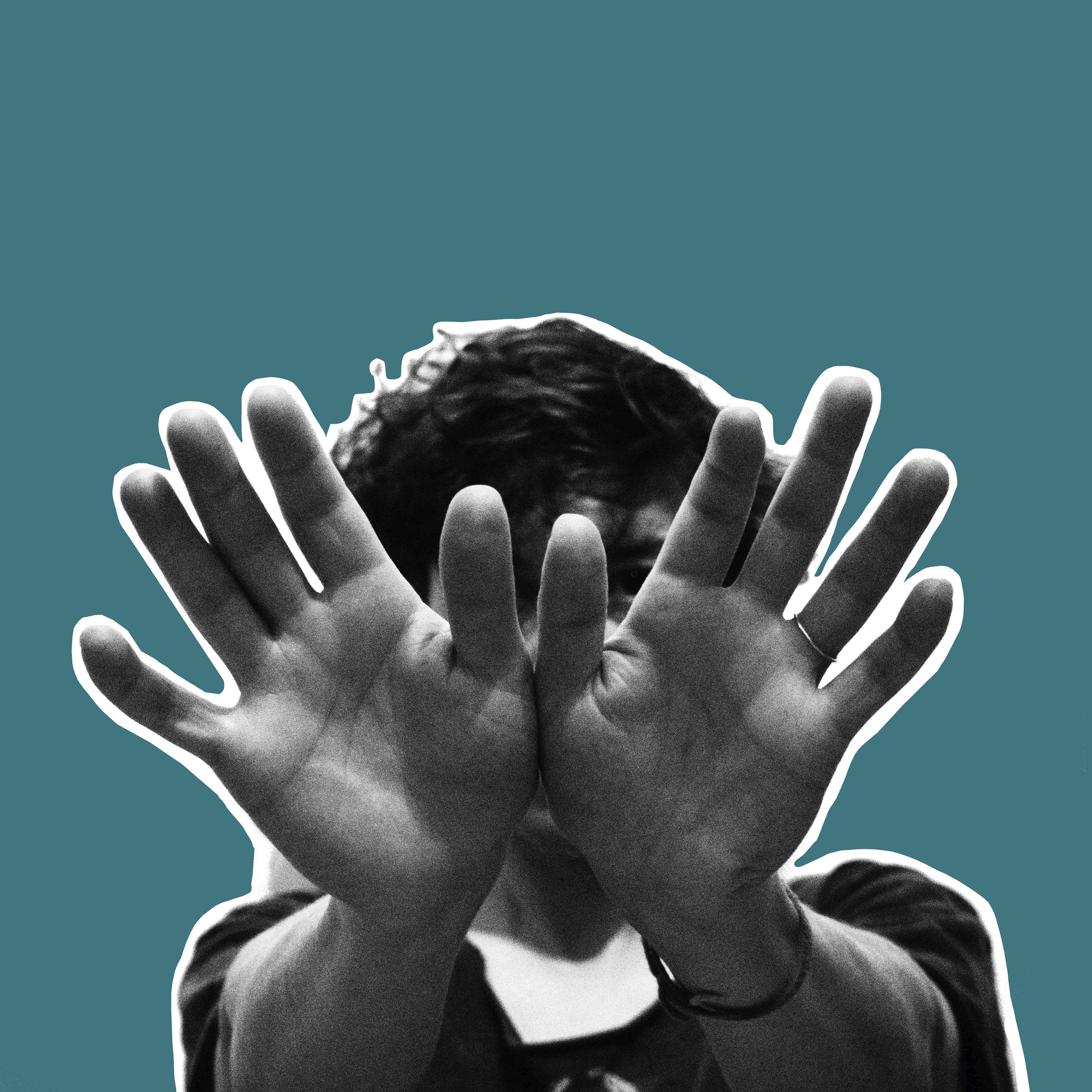
Merrill Garbus’s latest LP doubles down on hooks and polished mainstream sheen without actually jettisoning any of her quirks or peculiarities.
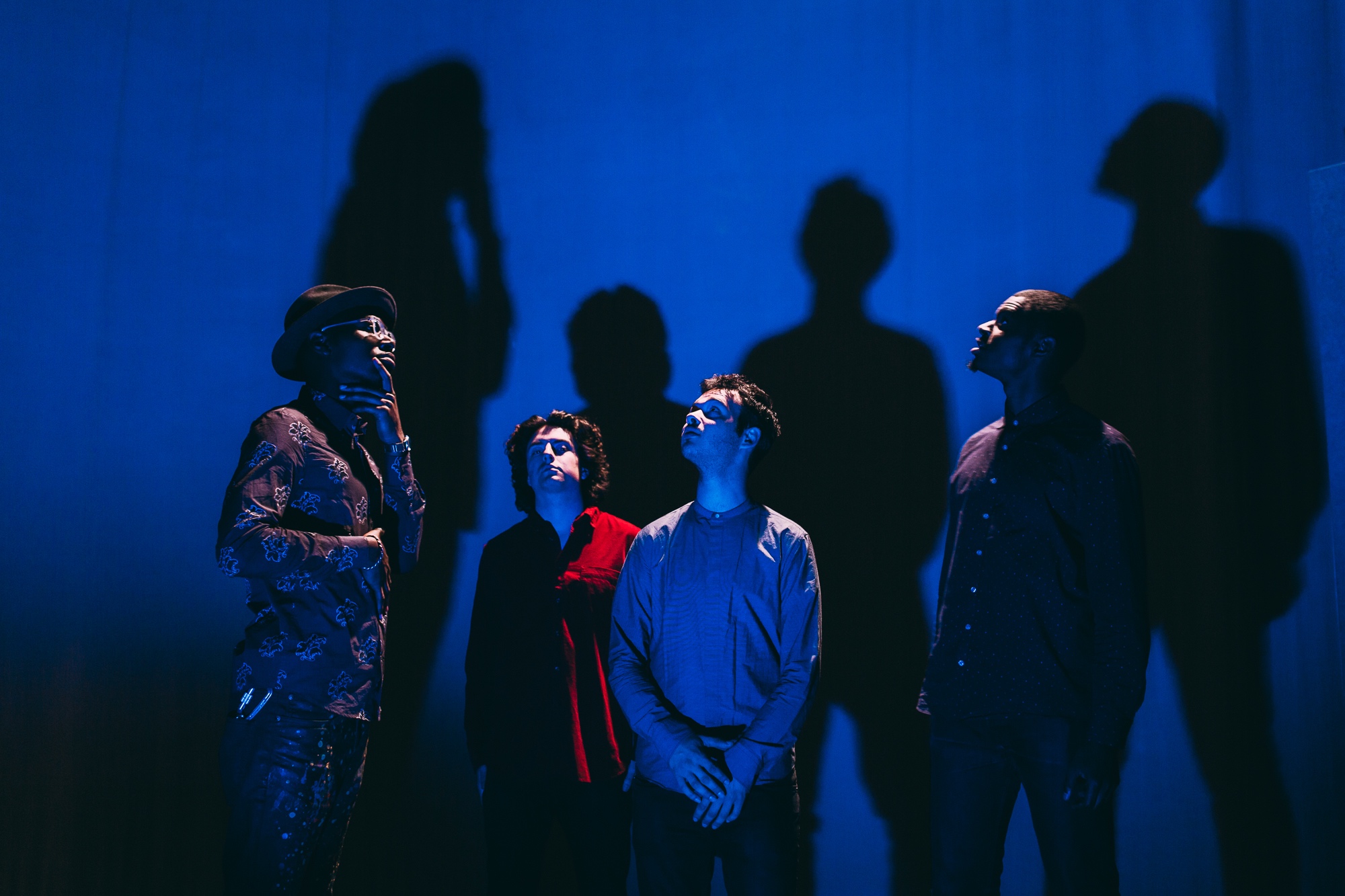
Nico Segal’s Chicago quartet is exploring what jazz music can and should be in 2017.
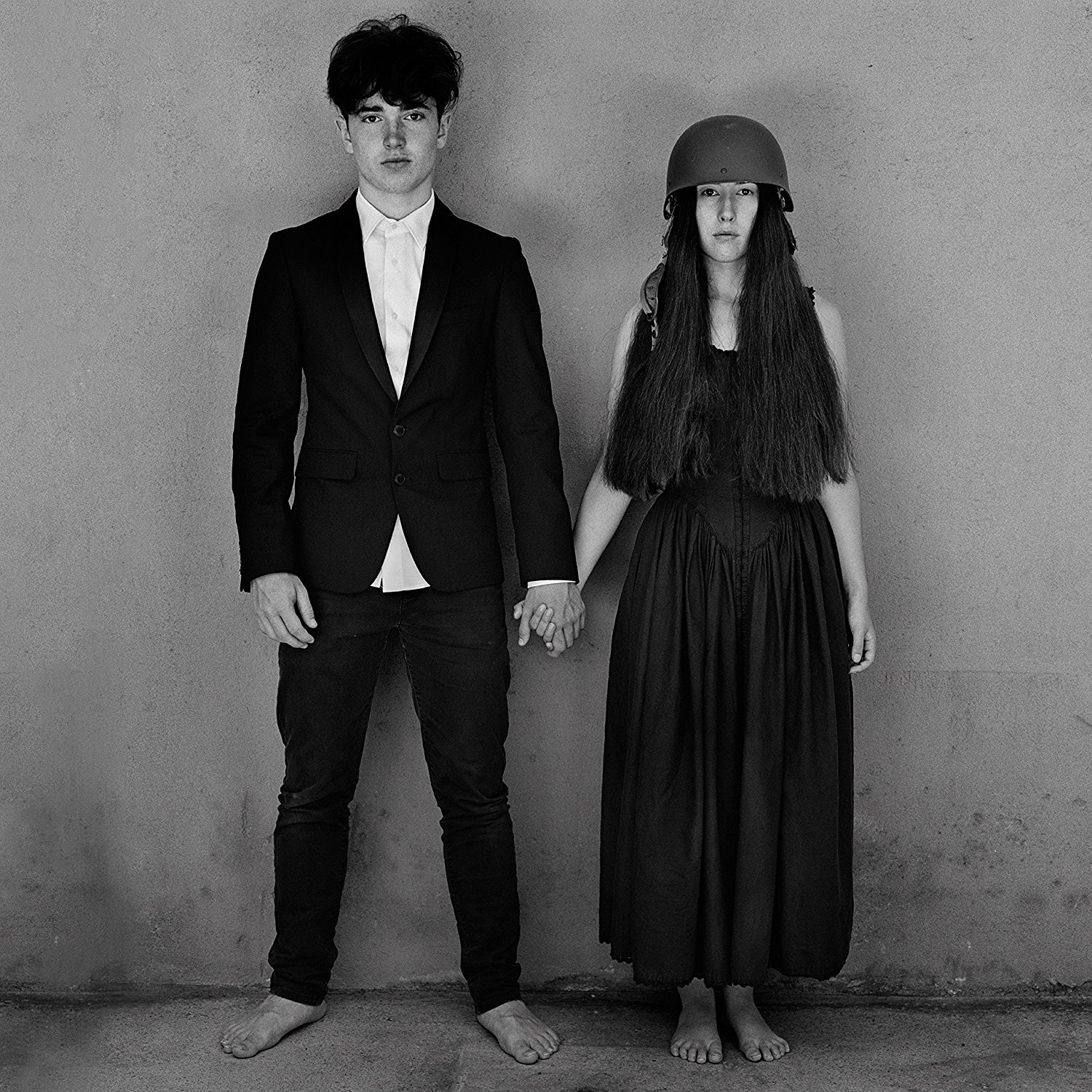
At fifty-seven, Bono remains weirdly obsessed with charting a song on the radio, and hopelessly committed to the idea that rock and roll can still change the world.
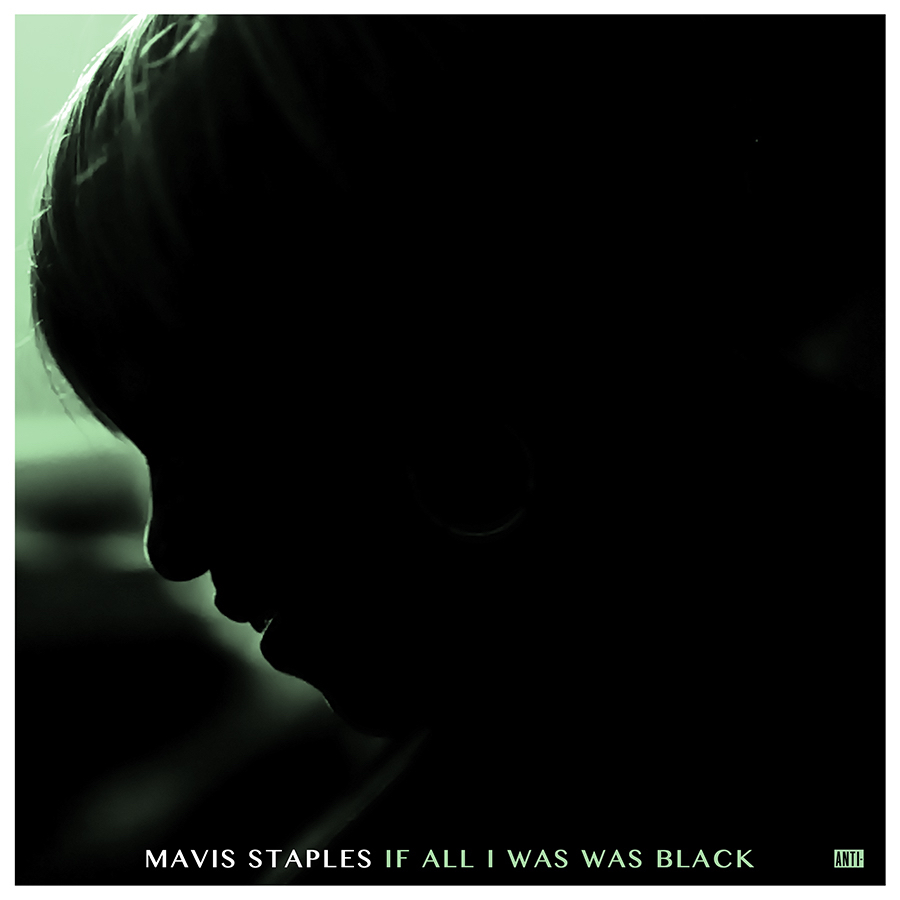
Mavis Staples isn’t one to brandish a song like a weapon—not when she’s so good at disarmament—and here she aims to melt swords into plowshares through the cosmic force of neighborly love, wild empathy, and intentional optimism.
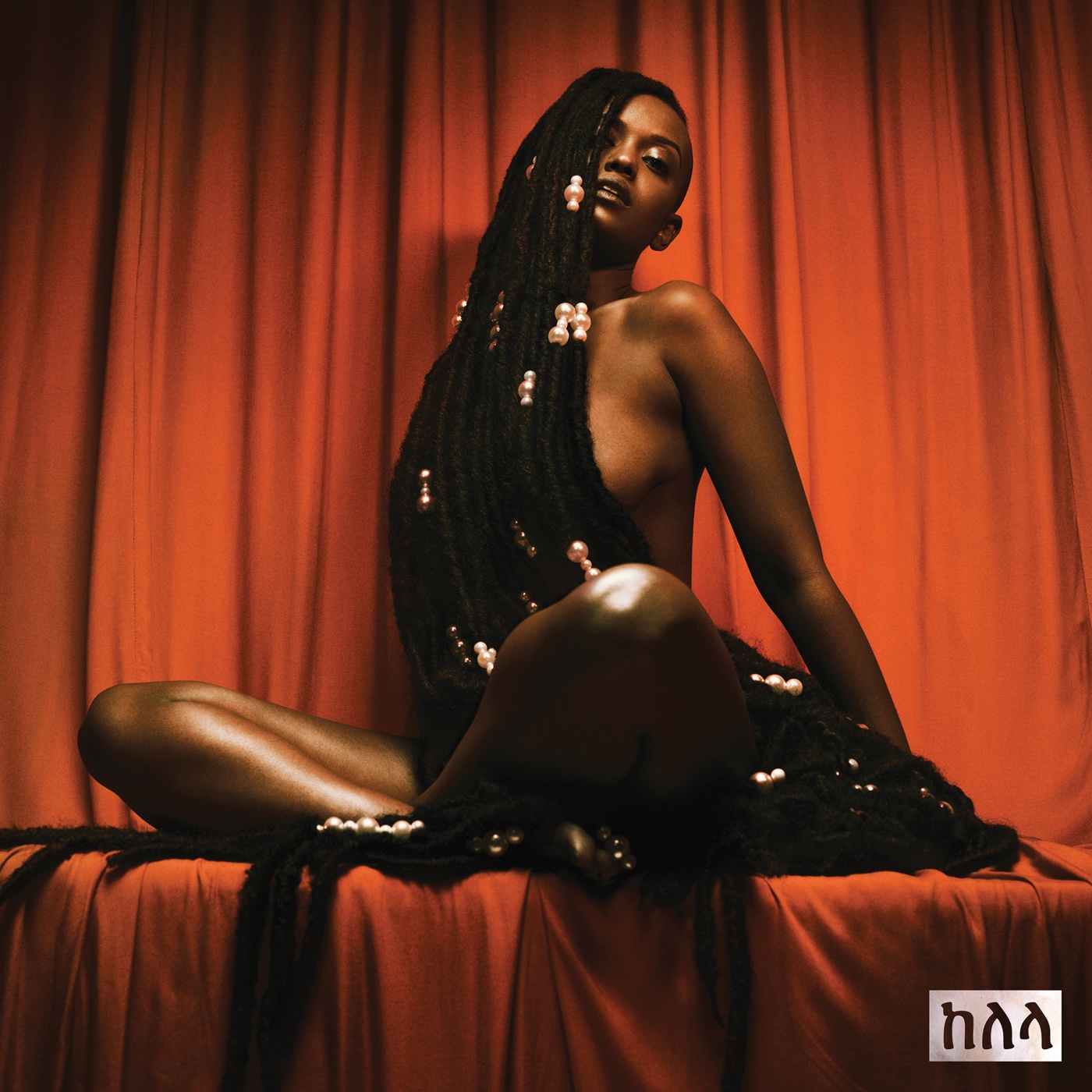
“Take Me Apart”‘s tension between sleek, modern sound and beating-heart humanity reveals what’s always been great about R&B: that it wears its emotions on its sleeve and provides a conduit for deep feeling.
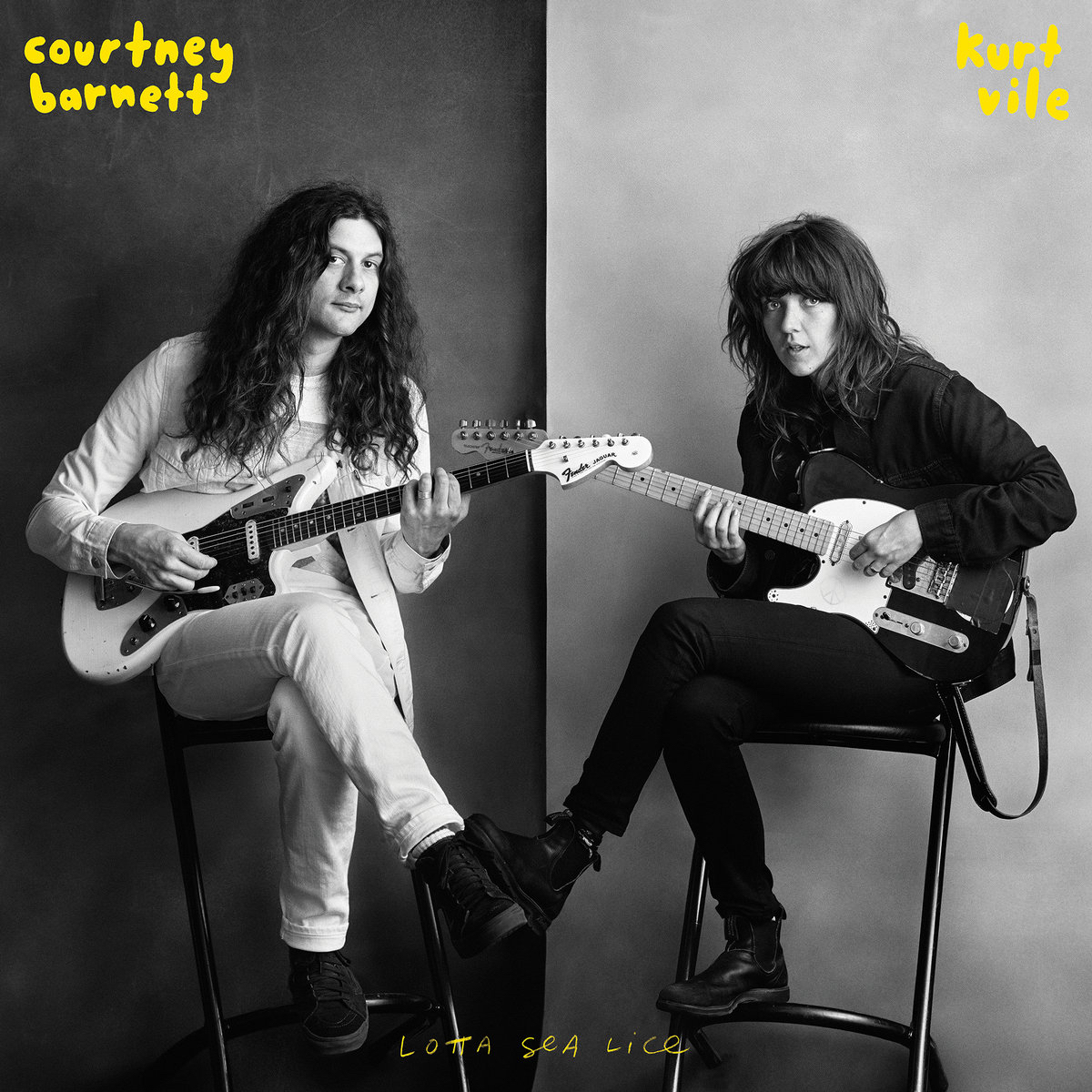
The songs of Barnett and Vile are deliberately gnarled and unkempt, and never sound nearly as fussed-over as they probably are.
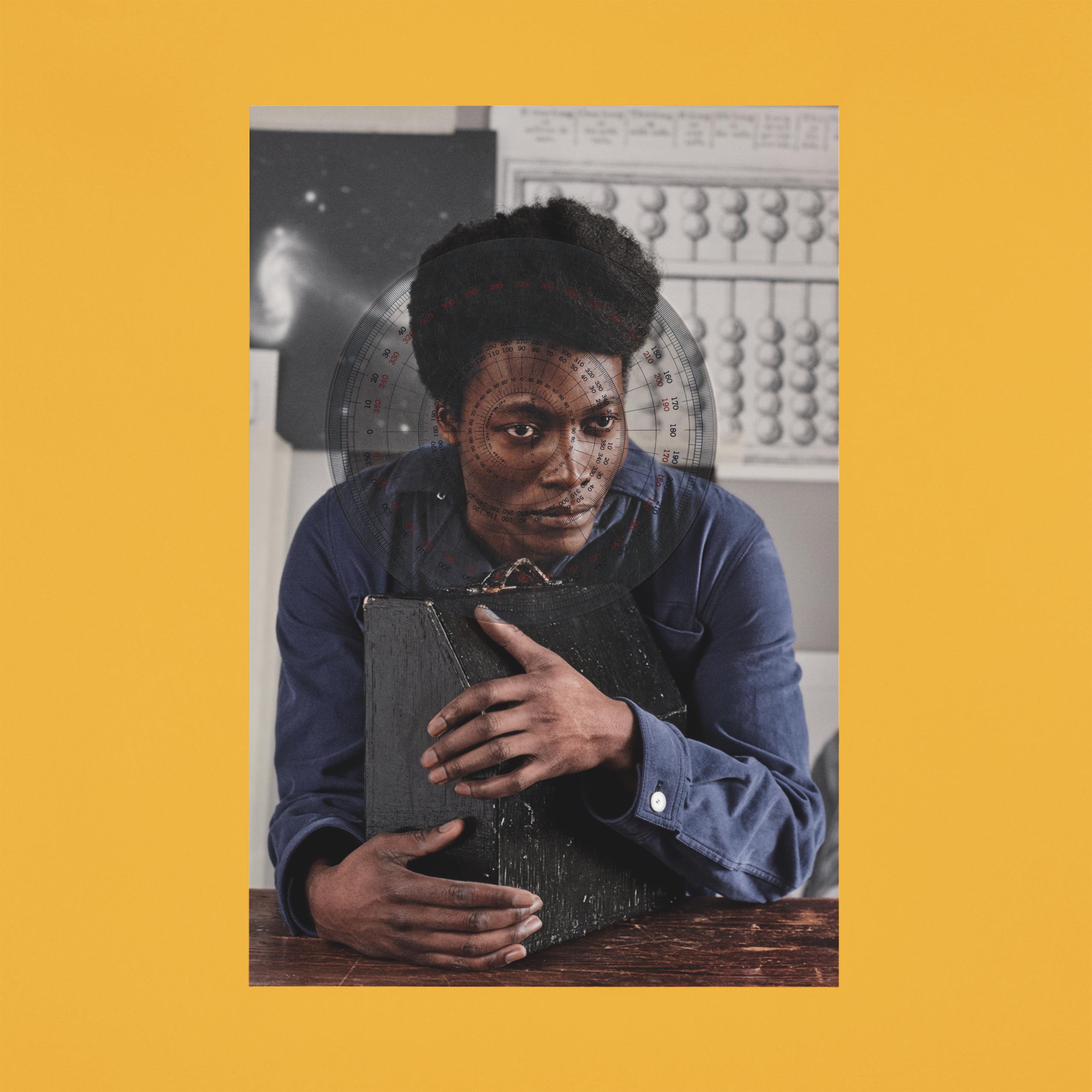
On his second album, the Mercury Prize winner is a big star and a total alien on a pilgrimage through hostile lands.
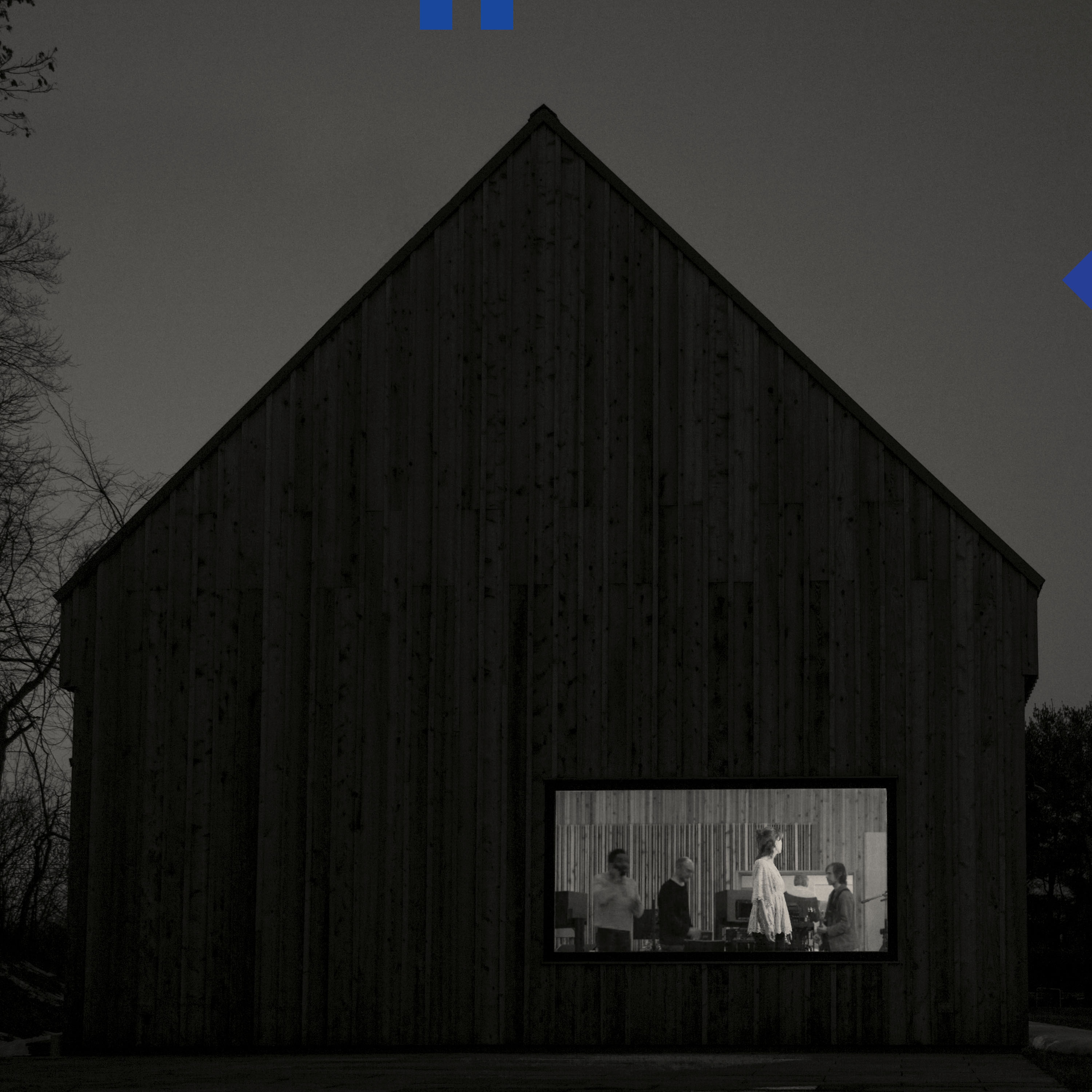
By keeping it low-key, the stakes on The National’s new album somehow seem even higher.
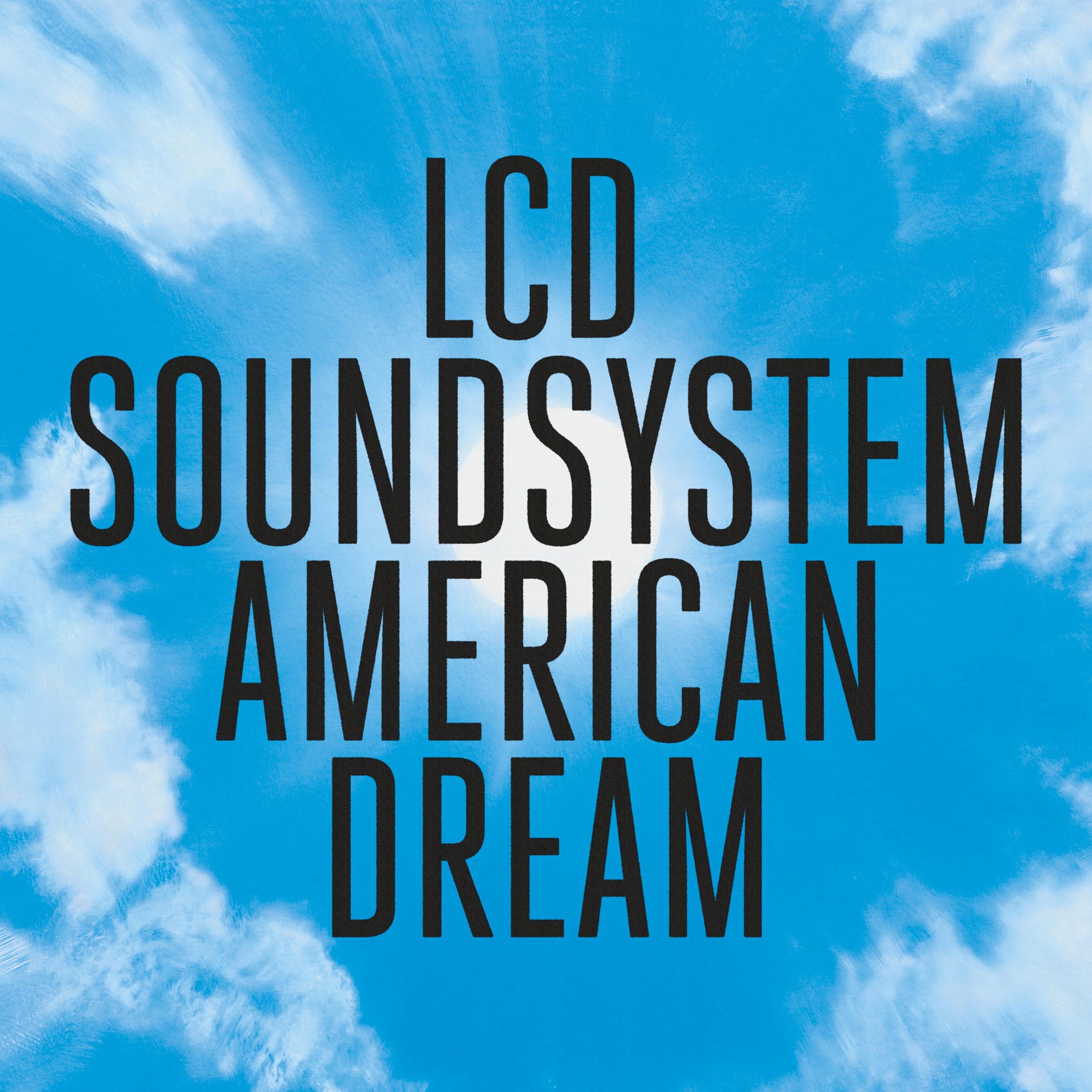
Seven years after “This is Happening,” James Murphy remains unparalleled at building slow-burn epics from all the fun bits of his record collection.
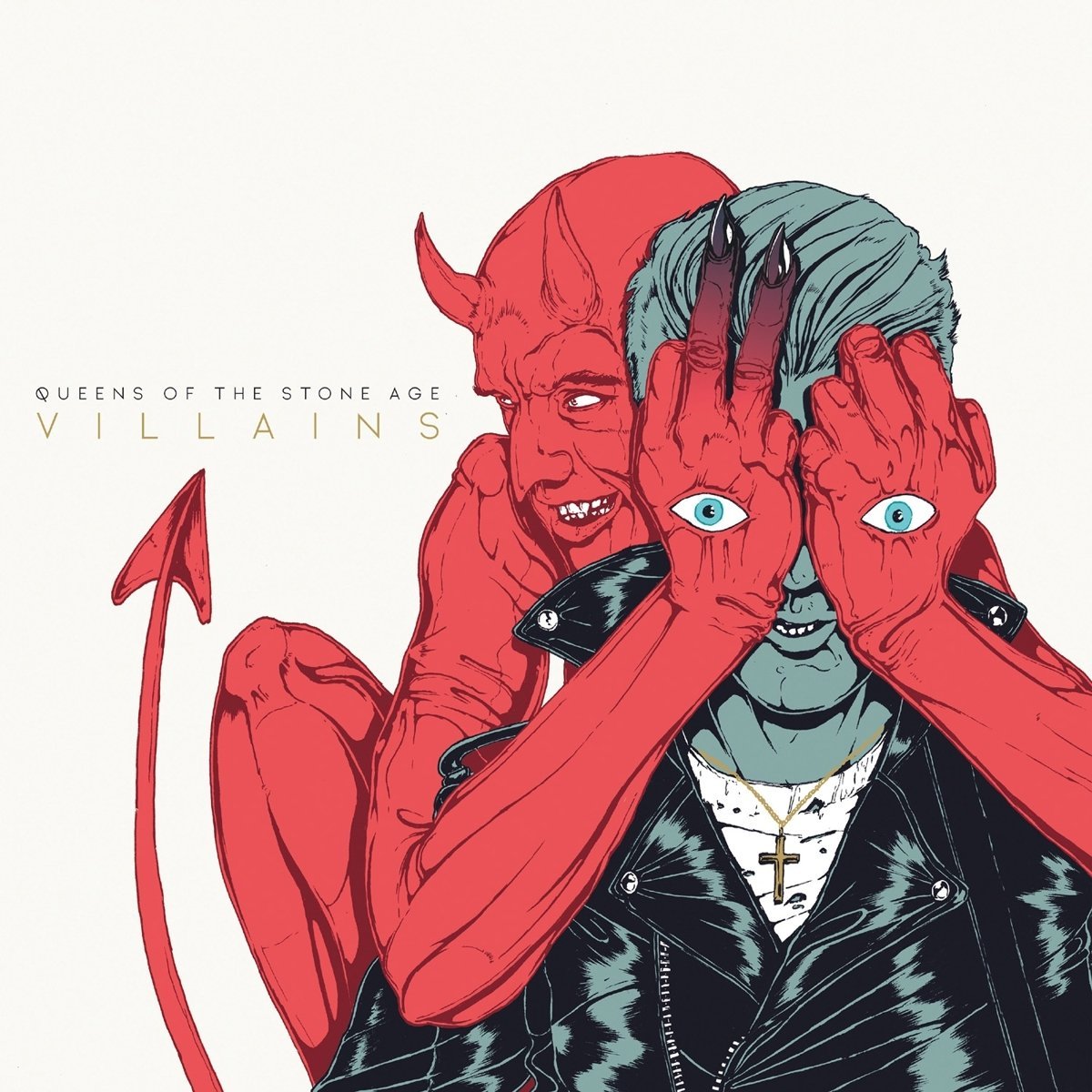
It’s another great Queens of the Stone Age record that’s simultaneously of a piece with the others and distinct in its character and identity.
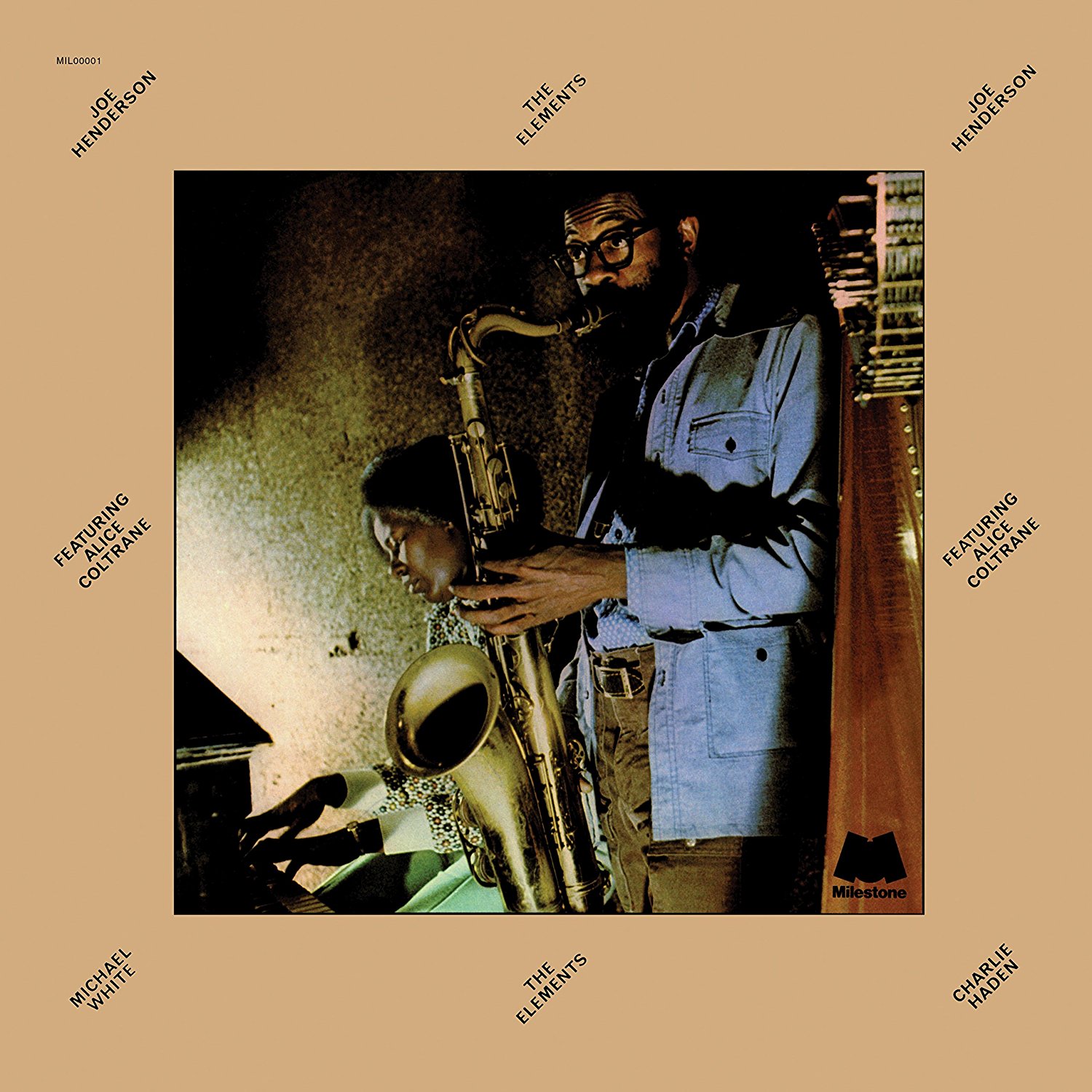
For as much as the spiritual jazz movement of the 1970s reached for the stars, the great triumph of “The Elements” is how earthbound it feels.
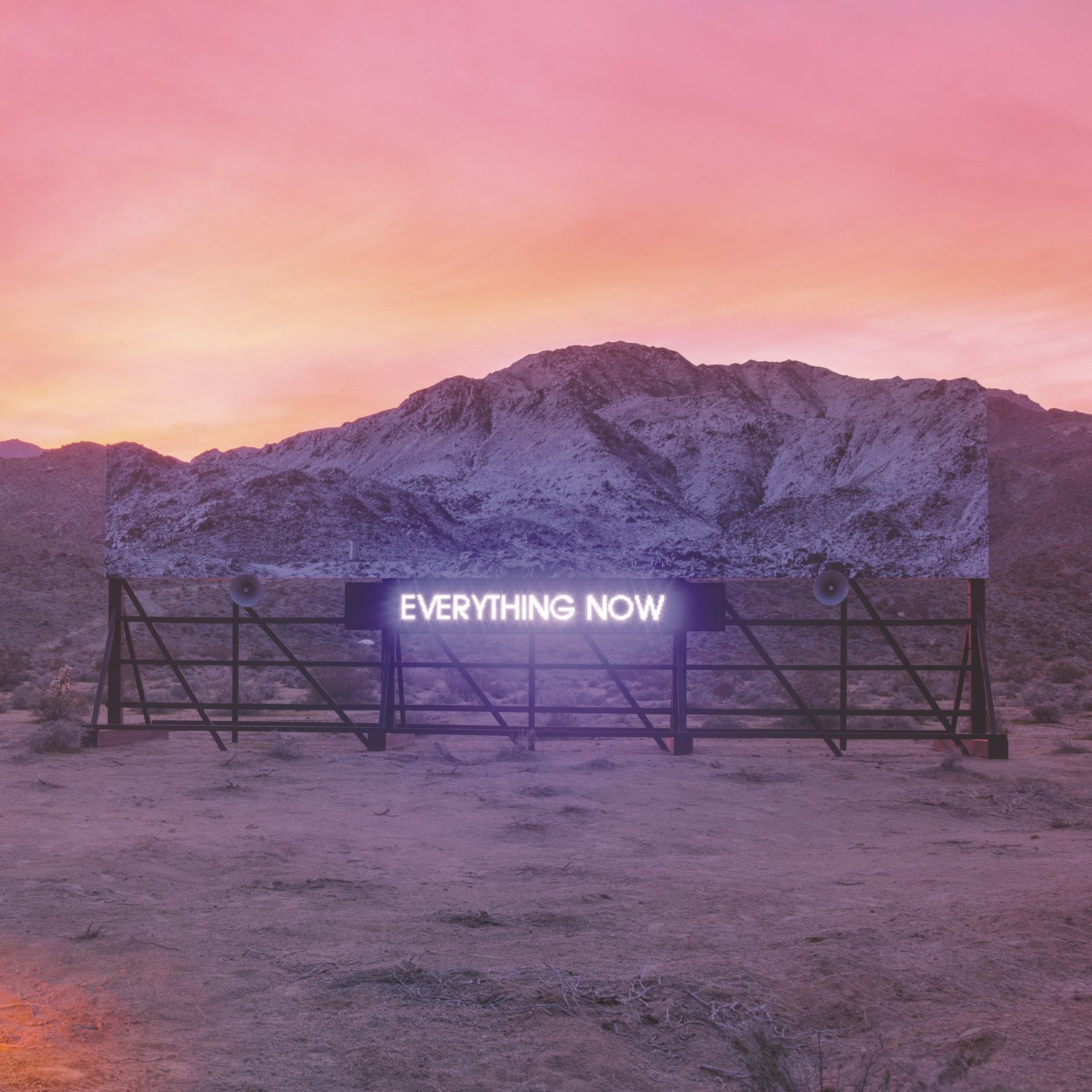
On paper, “Everything Now” is the dourest of any Arcade Fire album, a significant achievement for a group whose debut album is called “Funeral.”
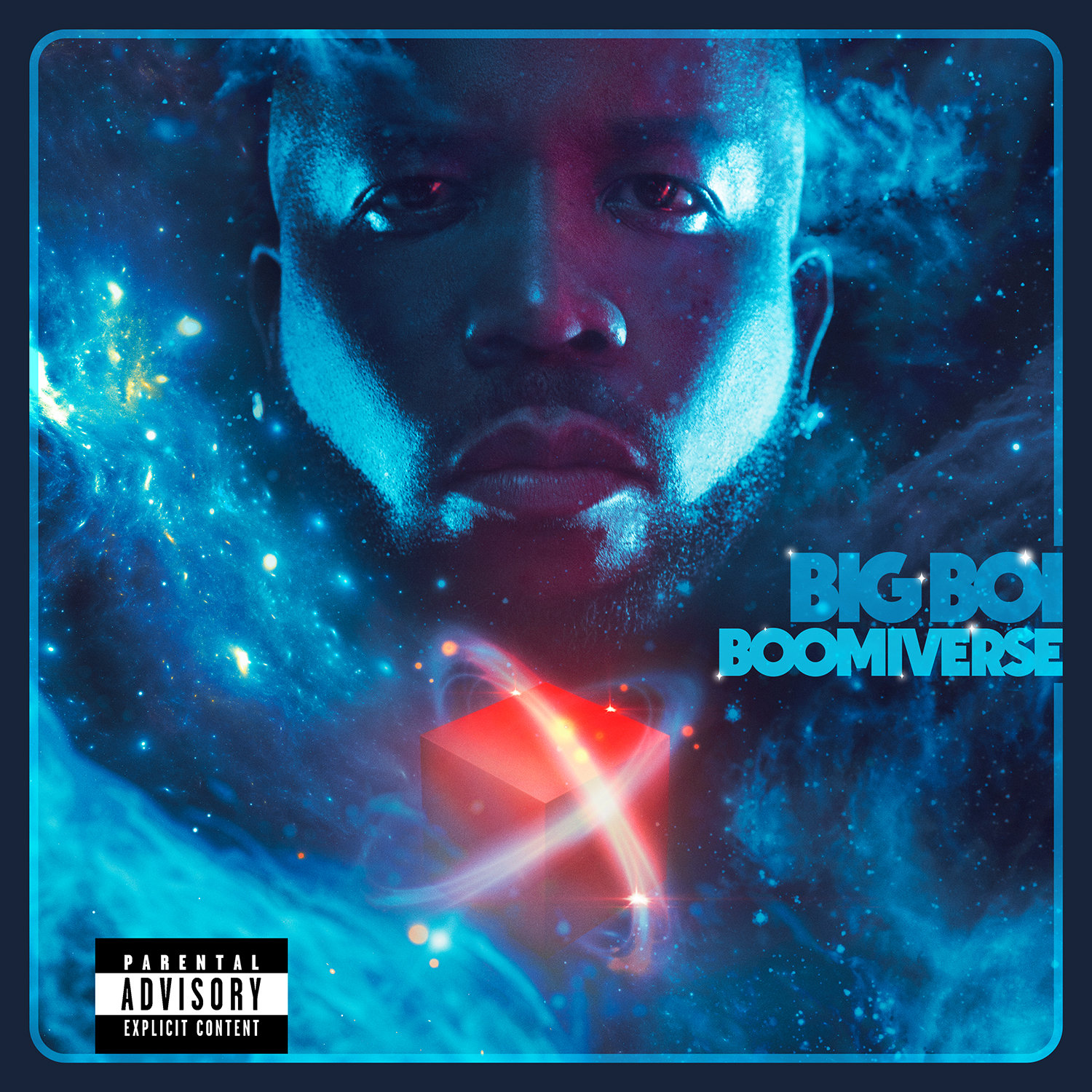
Is Big Boi underrated?



